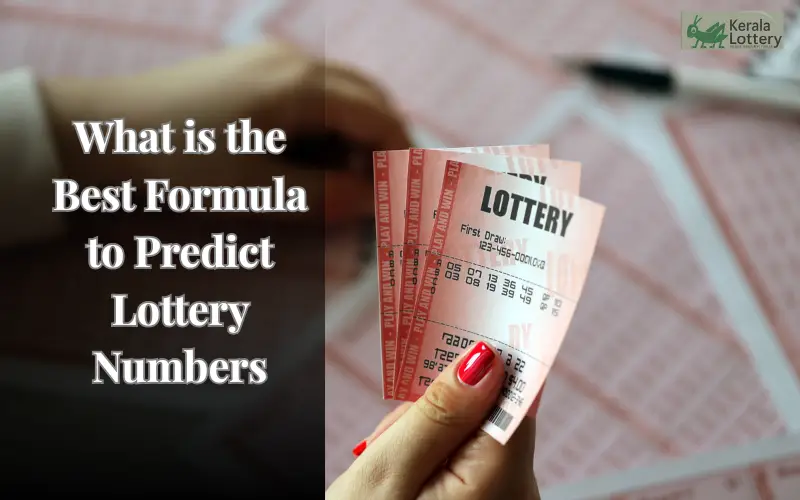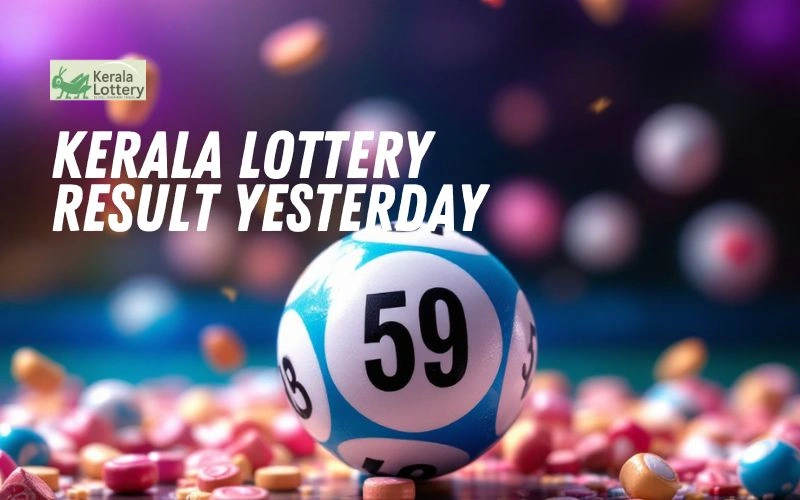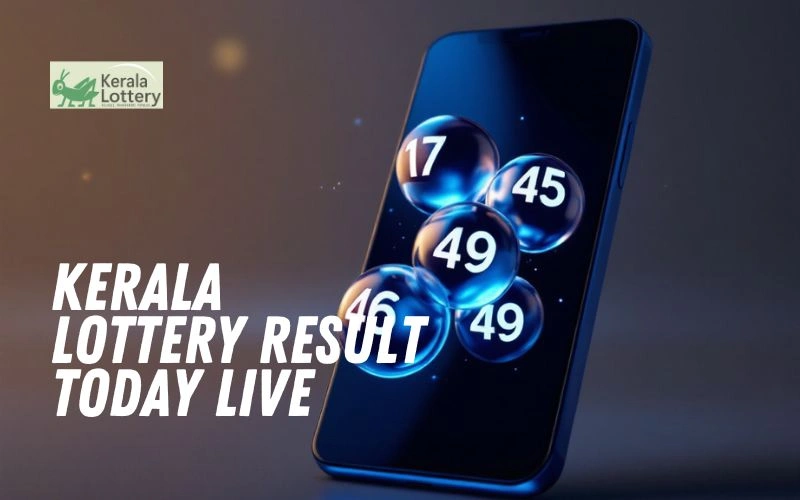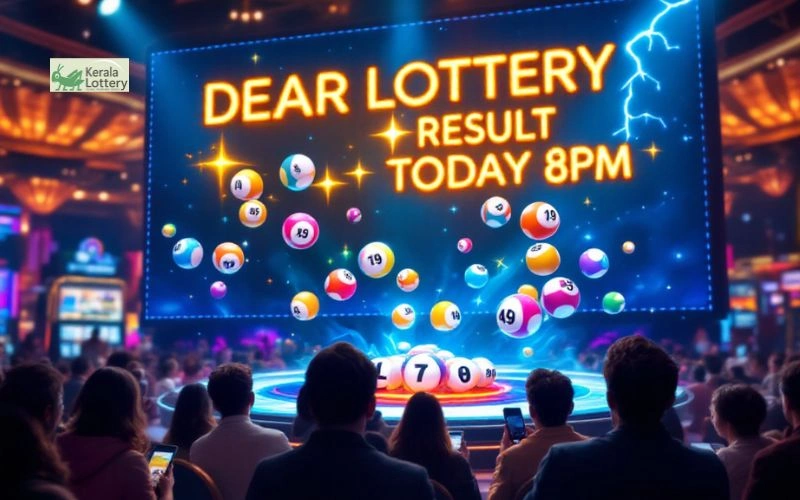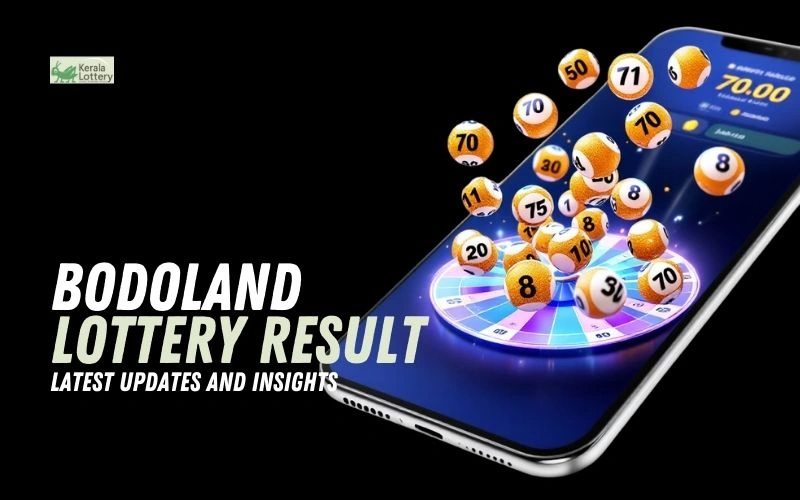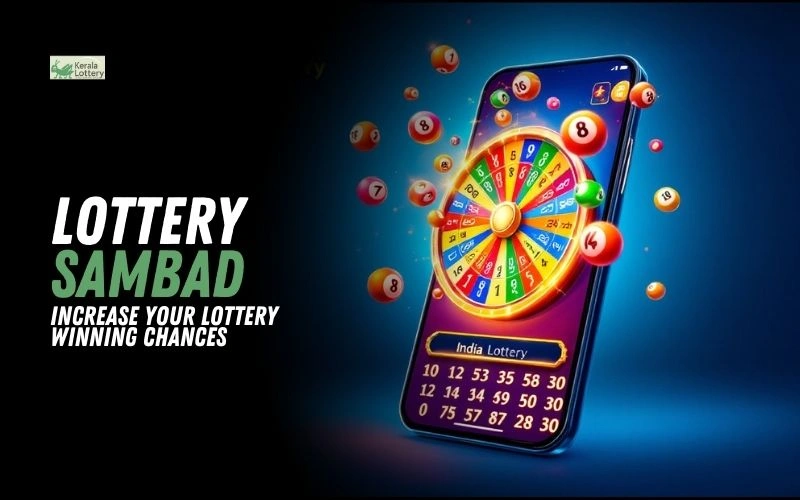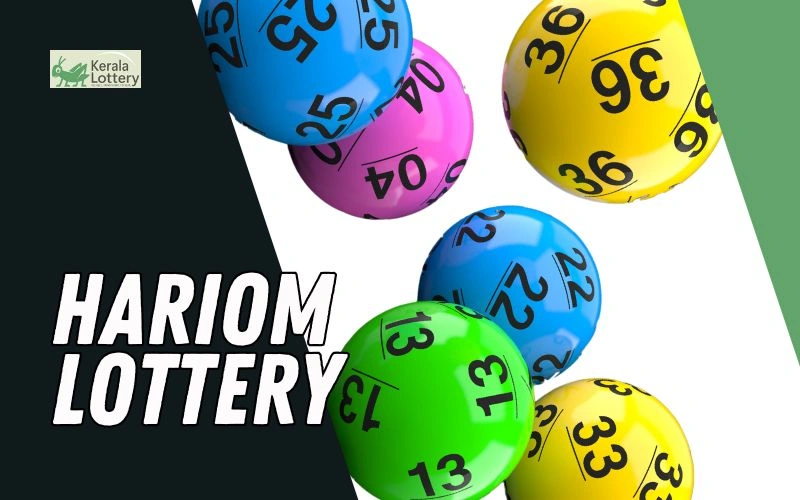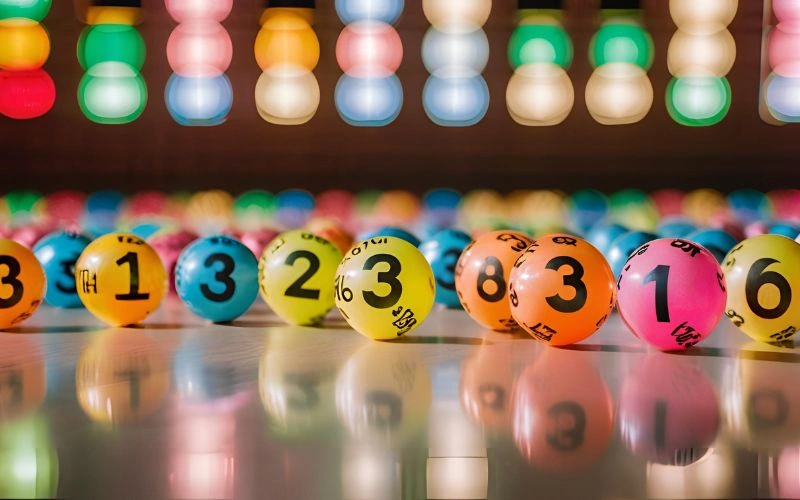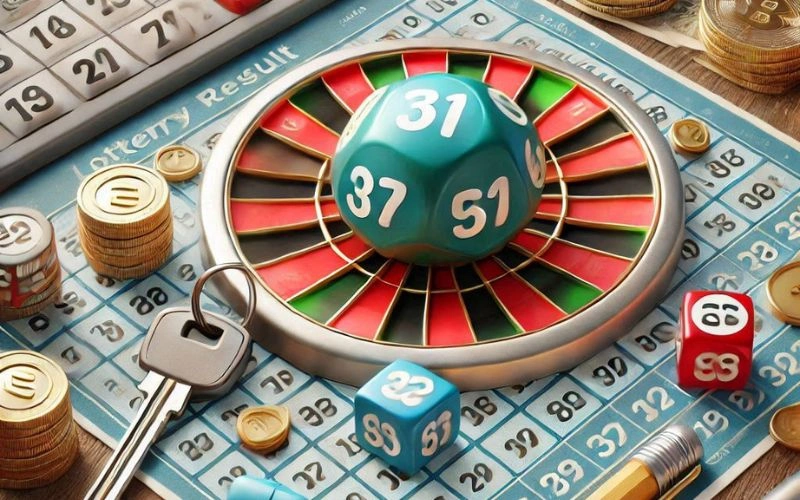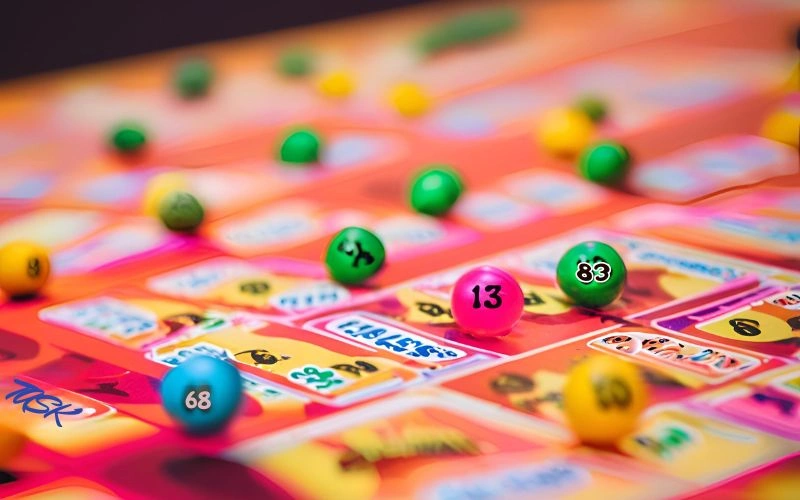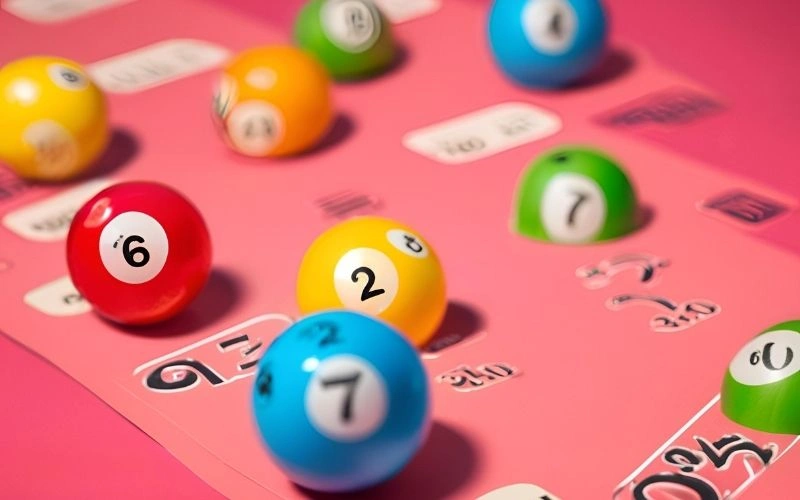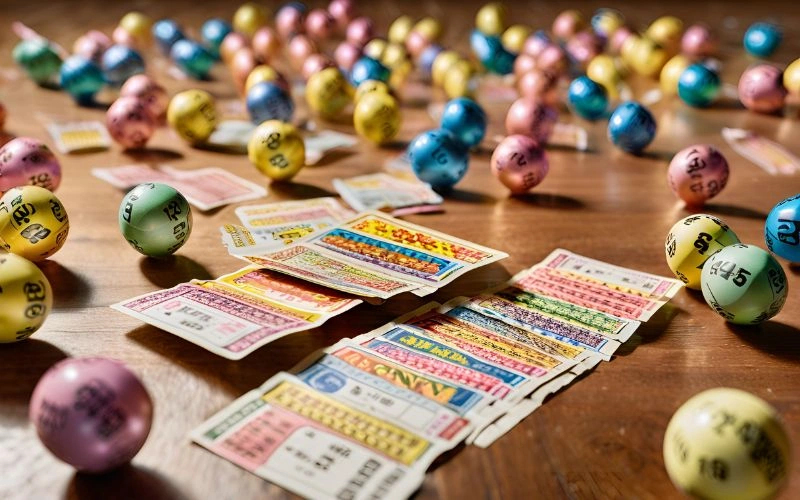The allure of winning the lottery captivates millions of people worldwide. The dream of hitting the jackpot and transforming one’s life is a powerful motivator for many to play. However, Kerala Lottery Result the question remains: is there a formula to predict lottery numbers? While no method can guarantee a win due to the inherent randomness of lottery draws, various strategies and mathematical concepts can help players make informed choices. In this article, we will explore the best approaches to predicting lottery numbers, the mathematics behind lotteries, and the limitations of these methods.
Understanding Lottery Mechanics
Before diving into prediction strategies, it’s essential to understand how lotteries work. Most lotteries require players to select a set of numbers from a larger pool. For example, in a typical 6/49 lottery, players choose six numbers from a pool of 49. The odds of winning depend on the total number of possible combinations, which can be calculated using combinatorial mathematics.
The Mathematics of Lottery Odds
To grasp the odds of winning, we can use combinatorial formulas. The total number of combinations in a 6/49 lottery can be calculated as follows:
[ \text{Combinations} = \binom{49}{6} = \frac{49!}{6!(49-6)!} = 13,983,816 ]
This calculation reveals that there are nearly 14 million possible combinations, underscoring the challenge of predicting winning numbers. Consequently, the probability of winning the jackpot is extremely low, approximately 1 in 13.98 million.
Common Strategies for Number Selection
While no strategy can predict lottery numbers with certainty, several methods are commonly employed by players:
1. Frequency Analysis
Frequency analysis involves examining past winning numbers to identify which numbers have been drawn most frequently (hot numbers) and which have been drawn less often (cold numbers). Some players believe that hot numbers are more likely to appear in future draws, while others think cold numbers are “due” to be drawn.
- Hot Numbers: These are numbers that have appeared frequently in recent draws. Players may choose to include these numbers in their selections, believing they have a higher chance of being drawn again.
- Cold Numbers: These are numbers that have not been drawn for a while. Some players may opt to include these numbers, thinking they are overdue for a win.
2. Delta System
The Delta System is a method that involves selecting numbers based on the differences between them. For example, a player might choose a low number and then select additional numbers based on specific intervals or gaps. This method aims to create a balanced selection of numbers, potentially increasing the chances of winning.
3. Random Number Generators (RNGs)
Many players use Random Number Generators to select their numbers, believing that a computer-generated set of numbers may be more random than their own choices. This method removes personal bias and can lead to a more diverse selection. RNGs are widely available online and can generate numbers based on various parameters.
4. Statistical Models
Some players employ statistical models or machine learning algorithms to analyze historical data and predict future outcomes. These models can identify patterns and trends, but they cannot account for the randomness of each draw. While they may provide insights, it’s crucial to remember that past performance does not guarantee future results.
The Role of Randomness
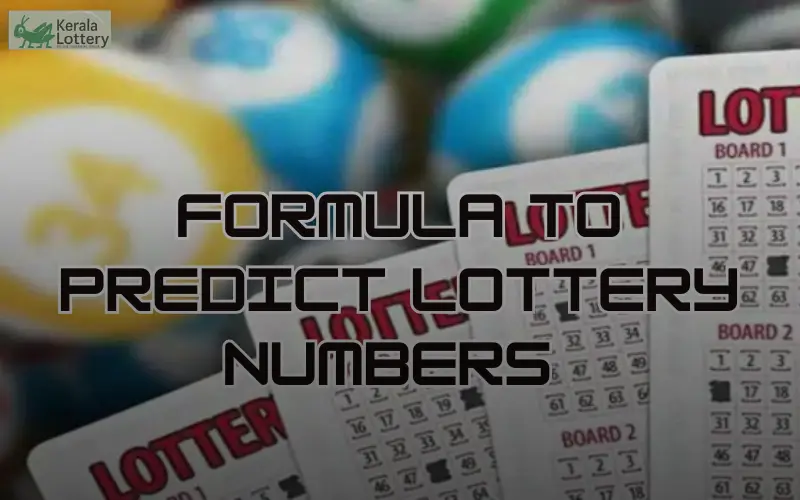
It’s crucial to recognize that each lottery draw is an independent event. The outcome of one draw does not influence the next, which means that past results cannot reliably predict future outcomes. This principle of independence is a fundamental aspect of probability theory.
The Gambler’s Fallacy
A common misconception among lottery players is the gambler’s fallacy, which is the belief that past events can influence future independent events. For instance, a player might think that a number that hasn’t been drawn in a while is “due” to appear. This fallacy can lead to poor decision-making and unrealistic expectations.
Expected Value and Lottery Play
The expected value (EV) of playing the lottery is often negative. This means that, on average, players will lose more money than they win over time. The high number of possible combinations and the relatively low payouts contribute to this negative EV. Understanding this concept is essential for players who wish to approach lottery play with a realistic mindset.
Analyzing Winning Patterns
While the lottery is fundamentally a game of chance, some players attempt to analyze winning patterns. This can include:
- Hot and Cold Numbers: Tracking which numbers have been drawn frequently versus those that have not. Some players believe that hot numbers are more likely to appear again, while cold numbers may be overdue.
- Number Grouping: Some players choose to select numbers from specific ranges or groups, such as all odd or all even numbers, or numbers that fall within a certain range.
The Importance of Responsible Play
Engaging in lottery play should be approached with caution. Players should be aware of the odds and the limitations of any prediction method . It is essential to view the lottery as a form of entertainment rather than a reliable way to achieve financial gain. Setting a budget and sticking to it can help ensure that lottery play remains a fun activity rather than a source of stress or financial strain.
Conclusion
While various strategies and mathematical theories can provide insights into lottery number behavior, they do not offer a foolproof method for predicting future draws. The inherent randomness of lottery games ensures that outcomes remain unpredictable, making the lottery a fascinating yet uncertain endeavor. Players should approach lottery play with caution, understanding the odds and the limitations of any prediction method. Ultimately, the lottery should be viewed as a form of entertainment rather than a reliable way to achieve financial success.


